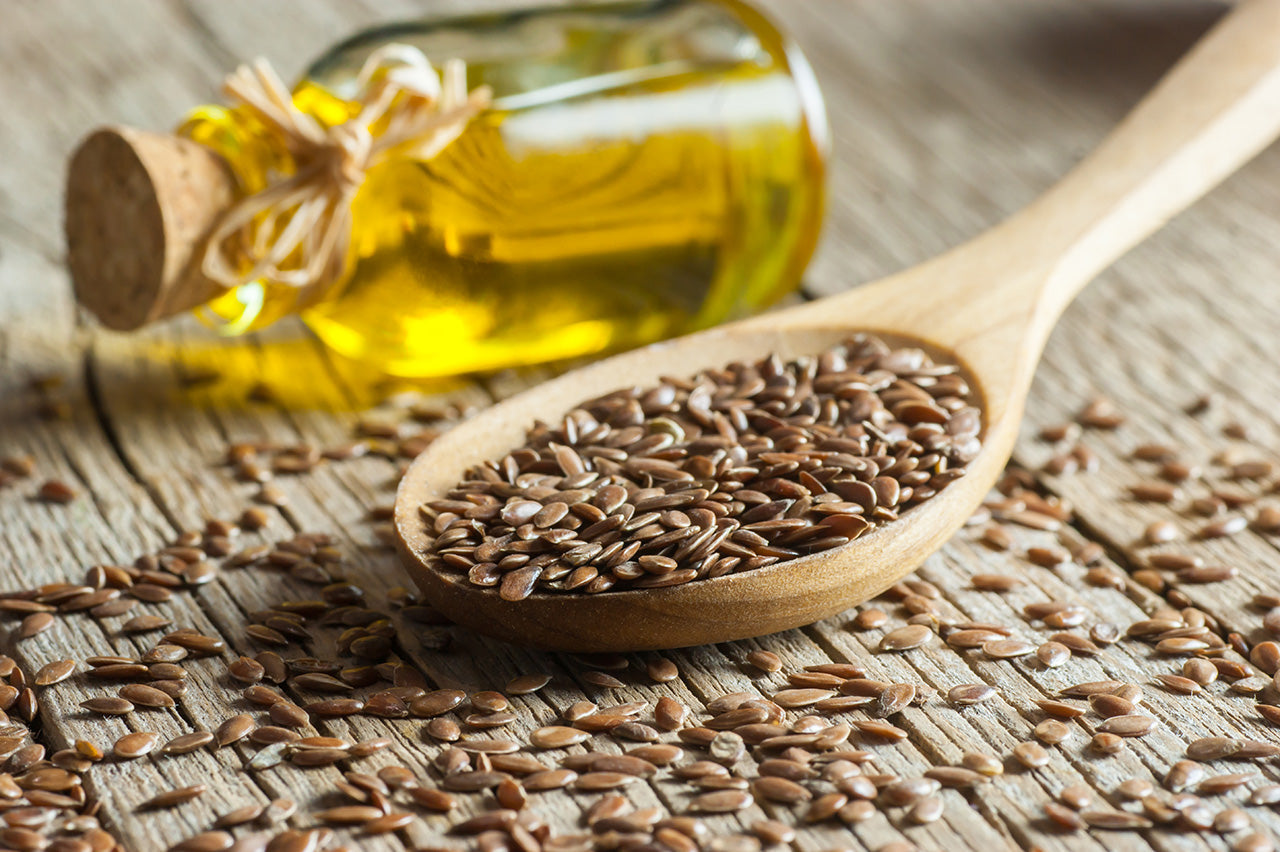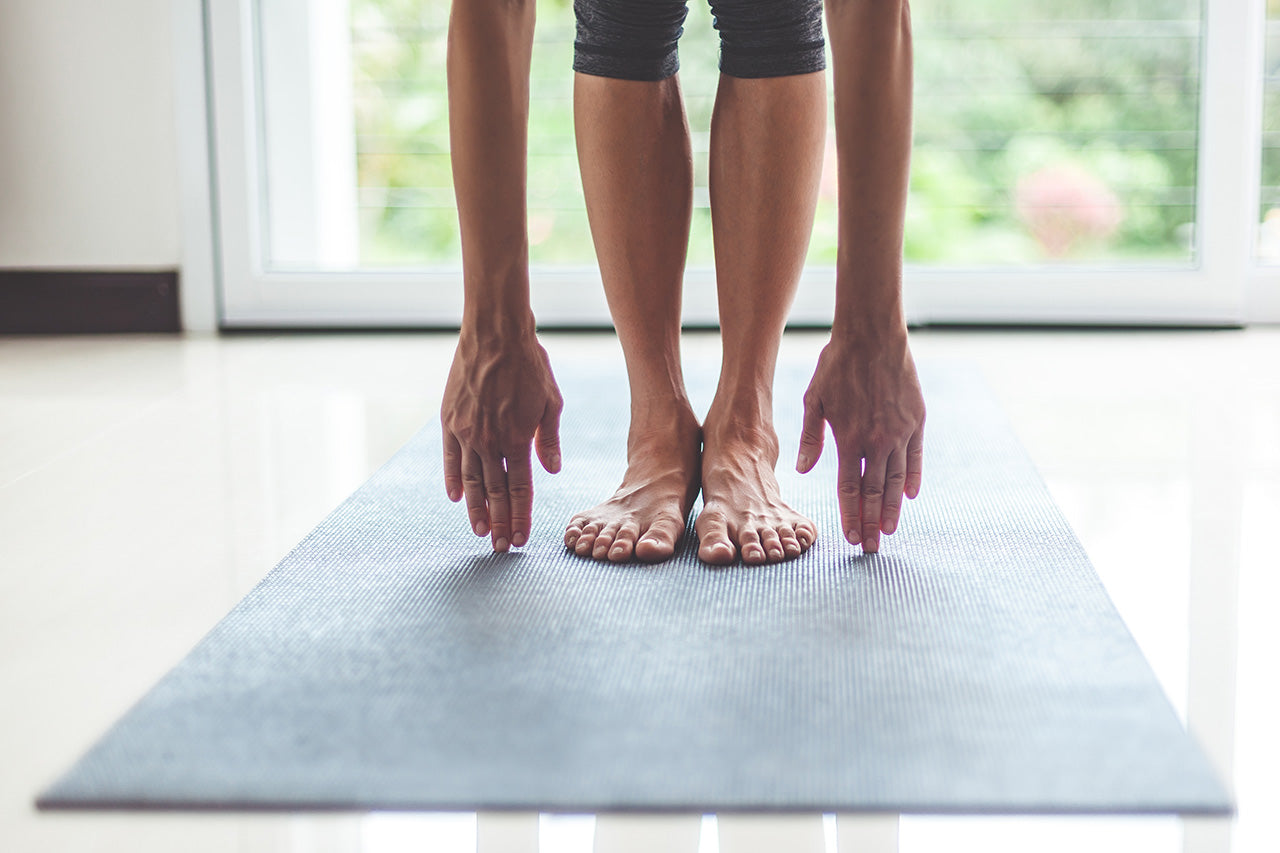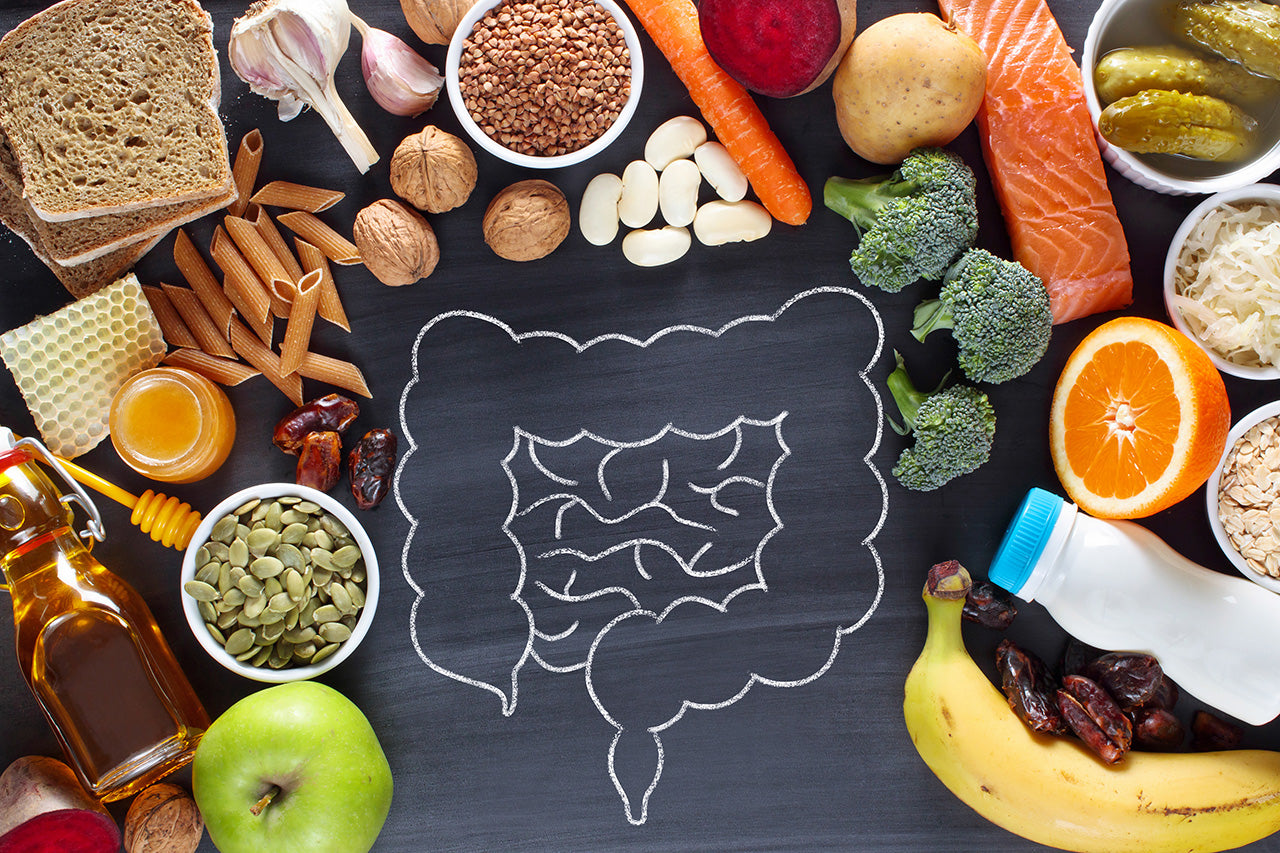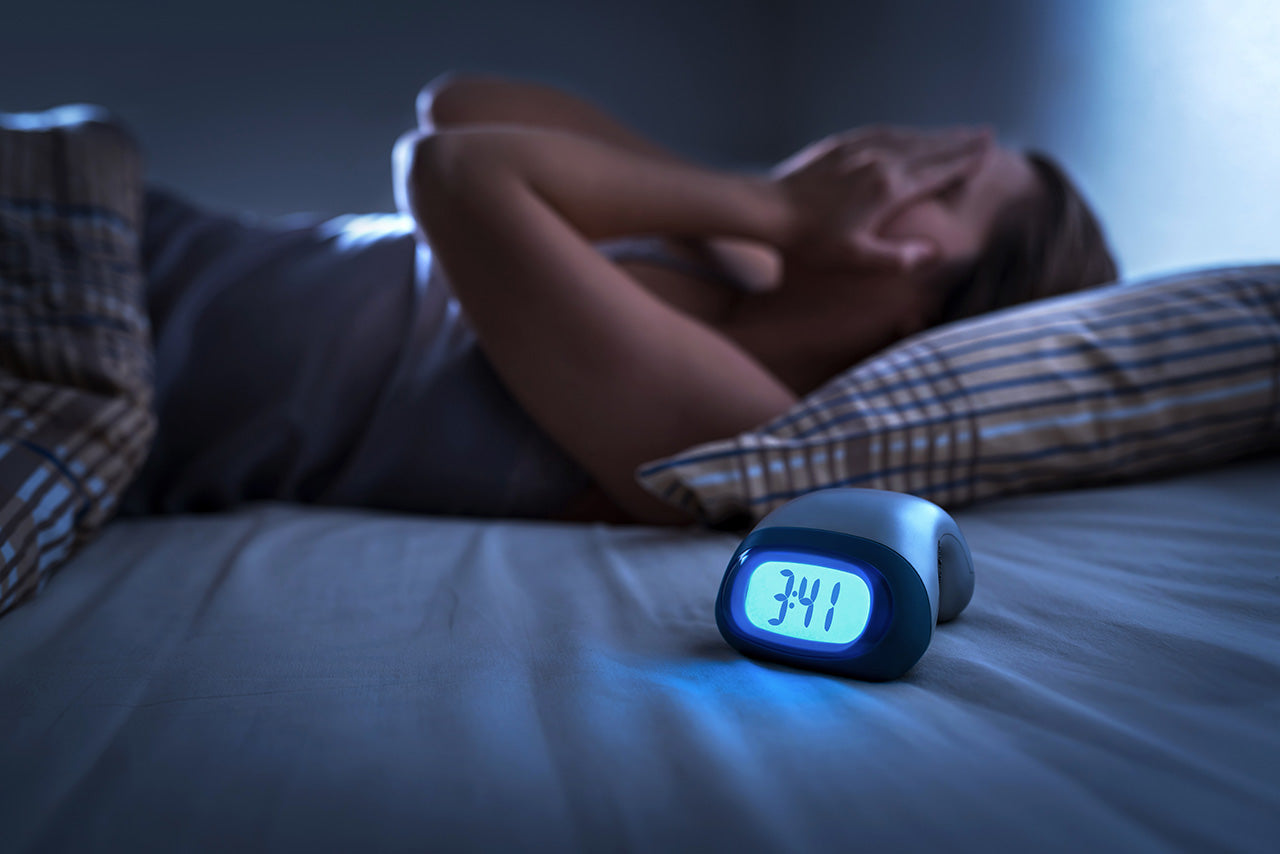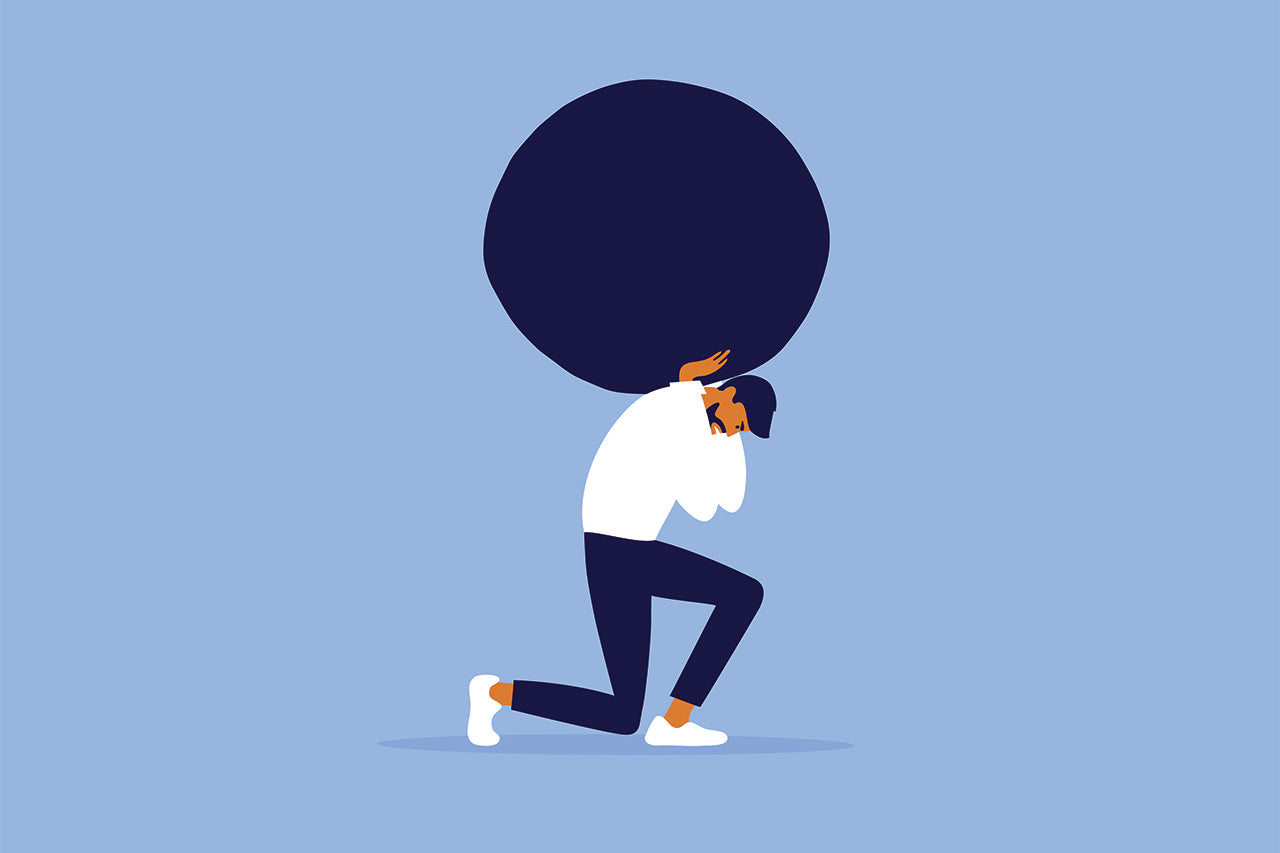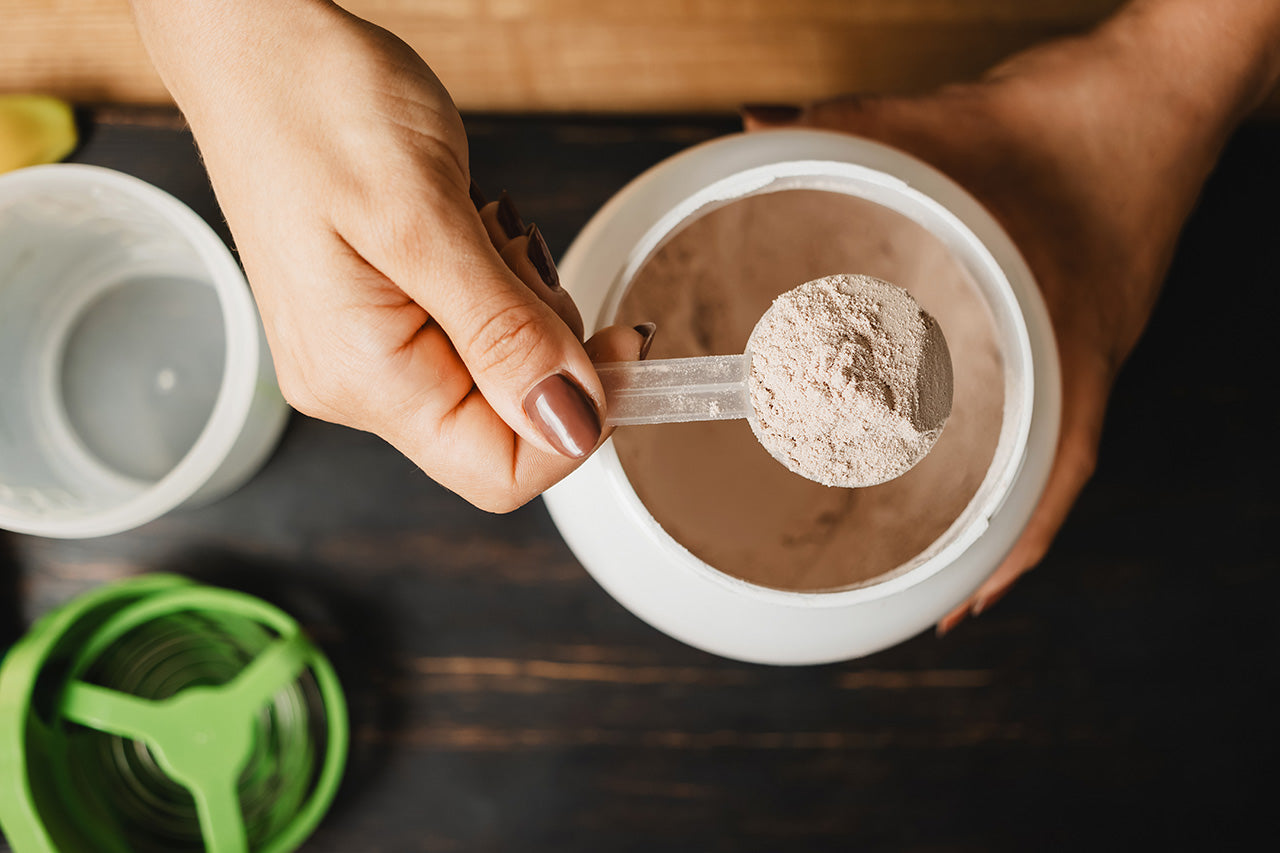
WELLNESS
Understanding Your Internal Clock
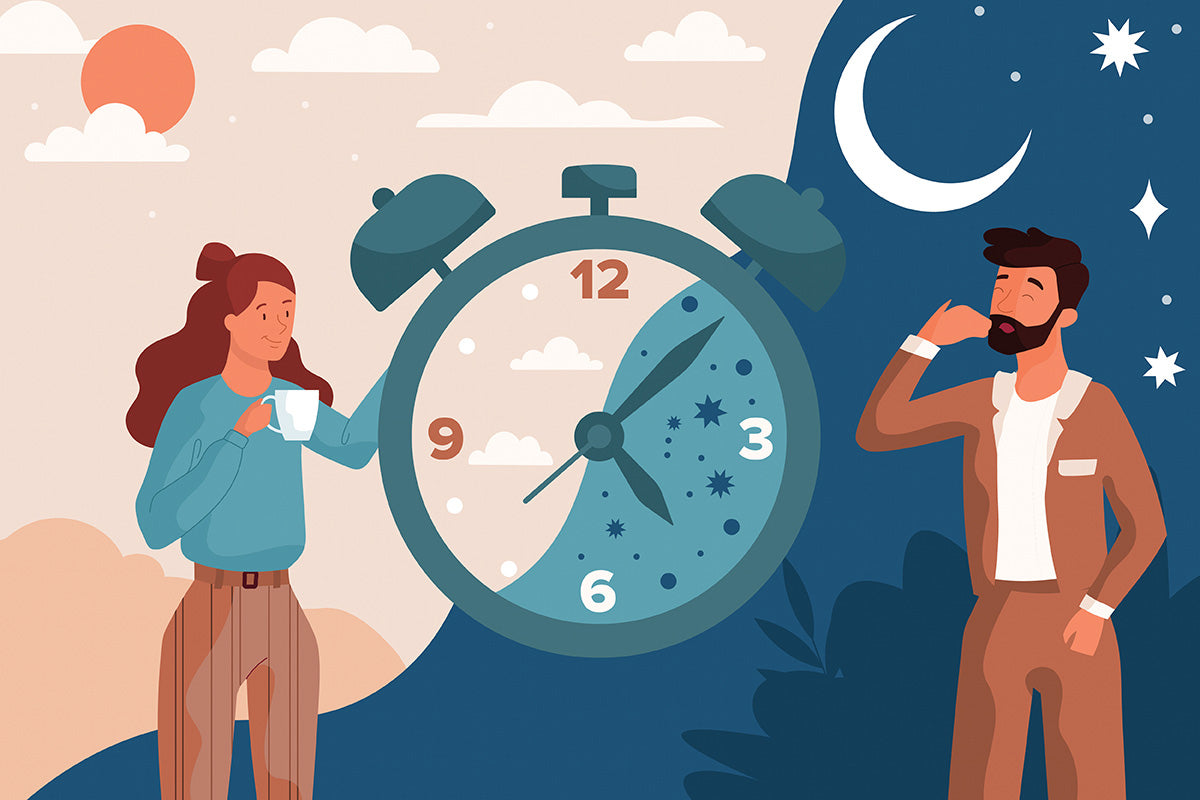
What is your circadian rhythm?
Your body is full of clocks that tick on their own timing. These clocks signal your cells, organs, and hormones to perform certain jobs at certain times of the day. Just like how you need time for rest and have more energy at certain times of the day, the same holds true for your organs.
Take for example waking up in the morning, your body will start to lower the amount of melatonin created to sleep while increasing your cortisol levels to give you energy to start your day. All of these are calibrated based on a variety of signals you receive from your environment, the major ones being sunlight and food intake. For this reason, a regular sleep and eating schedule is crucial to keep your clocks in sync.
So why does this matter? This rhythm is responsible for your ability to fall and stay asleep. For those who may struggle in this area, understanding how to work with your body’s rhythm could be a great place to start to holistically support your body’s ability to rest, restore and provide energy the next day.
Organs have their own clock
Read on as we look towards three major organ systems that could be impacting your sleep cycle.
Liver: 1-3 a.m.
If you find yourself waking up between 1:00 a.m. and 3:00 a.m. it could be a sign that your liver is actively working to process what was consumed during the day. Things like late night caffeine, alcohol, sugar, heavy meals, and certain medications are being worked through your liver at this time.
Tip: limit late night eating and drink consumption. Drink plenty of water during the day and take steps to support your liver such as eating quality protein, cruciferous vegetables (such as broccoli) and sip on dandelion root tea if there are no interactions with medications.
Lungs: 3-5 a.m.
If you roll over to see the clock at 3:30 a.m. every morning it can be frustrating but could also signal a need to support your lungs and take deeper breaths during the day.
Tip: work on lung health by doing some deep breathing, cardio and exercises that cause you to focus on your breath such as Hatha or Vinyasa Yoga. If you find yourself awake at this hour, do some box breathing and focus on relaxing the body.
Large Intestine: 5-7 a.m.
This may be around the time you are typically getting up for work during the week. This crucial period is when proper elimination is key and can set you up for the rest of the day.
Tip: Eating enough fiber from fruits, vegetables, and whole grains during the day, as well as drinking enough water will help your body be primed for elimination first thing in the morning.
Causes of disrupted circadian rhythms
There are many ways that your body can come out of sync with your natural rhythms. Some common culprits? Changes in time zones from traveling, working late night shifts, ongoing stress and exposure to blue light at night. Also, be wary of what you are consuming mentally in those evening hours—it may be best to limit crime or suspense shows or books before going to sleep!
How your lifestyle can play a role
Knowing how your circadian rhythms work is the first step but knowing what to do to work in alignment with your body is a whole other venture. But there are activities that are completely in your control that can influence your internal clock and potentially help you get to sleep and stay asleep. Choose one of these to start today:
- Early sun exposure. This acts as a natural reset for your master, inner clock.
- Exercise for at least 30 minutes per day. This can lower stress levels, support lung health and aid in falling asleep at night.
- Lower your blue light and bright light in the evening. This prompts your body to naturally produce melatonin. Other options when blue light is unavoidable: use blue light blocking glasses, invest in pink Himalayan salt lamps, or turn on soft lamp lights rather than overhead lighting in the evenings.
- Time your caffeine. Drink your caffeine after a meal and set a curfew for yourself to limit consumption in the afternoon. This will give your body enough time to metabolize the caffeine and help with melatonin production later.
- Address the stress. Ongoing stress, especially today, can be one of the root causes of sleep disturbances. If you have been waking up in the middle of the night worrying, this may be a sign for a change in your life.
- Eat a nutrient rich diet. The key things to consider here are eating to encourage natural serotonin production, balancing your blood sugar, supporting your gut health and addressing potential nutrient deficiencies such as B vitamins and magnesium.















